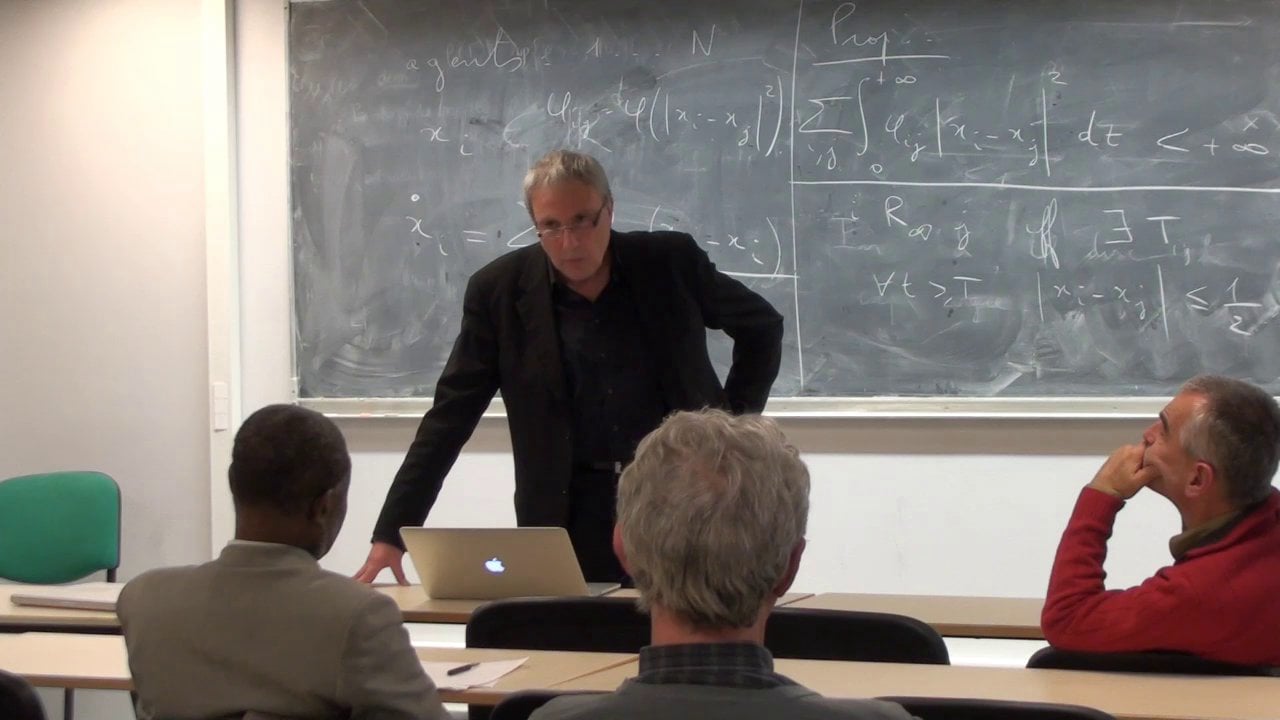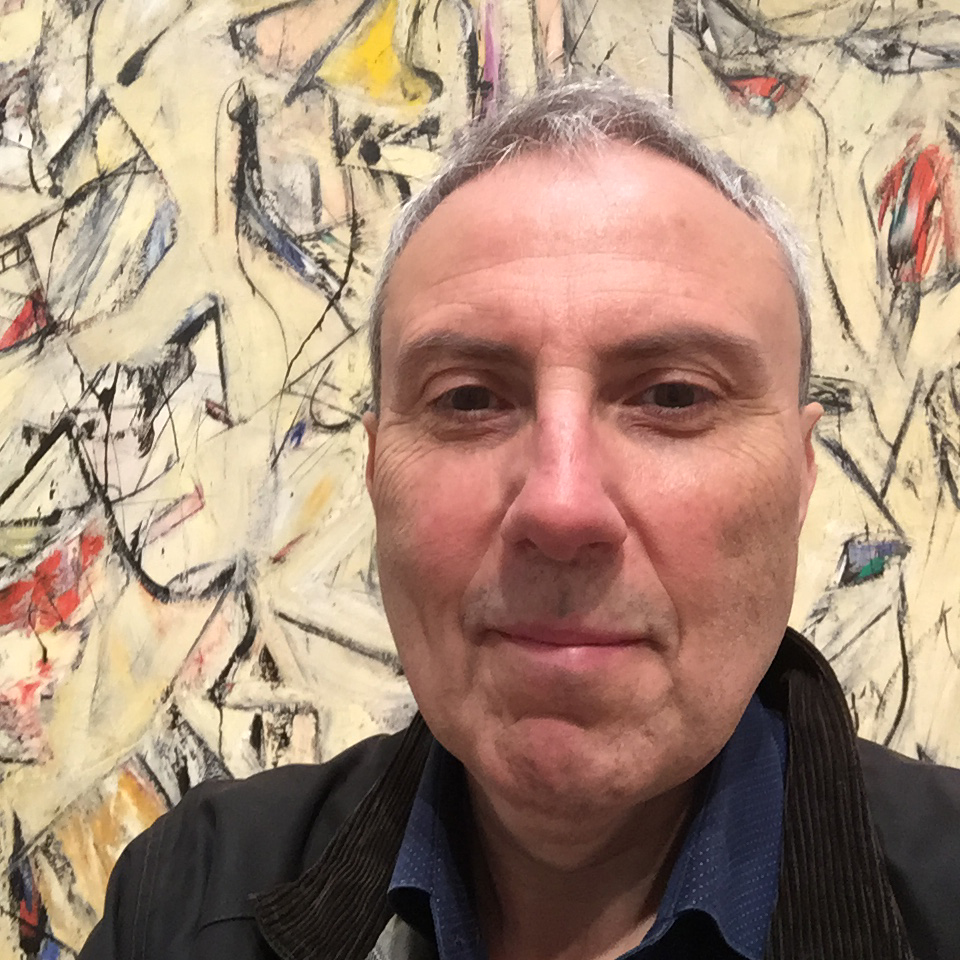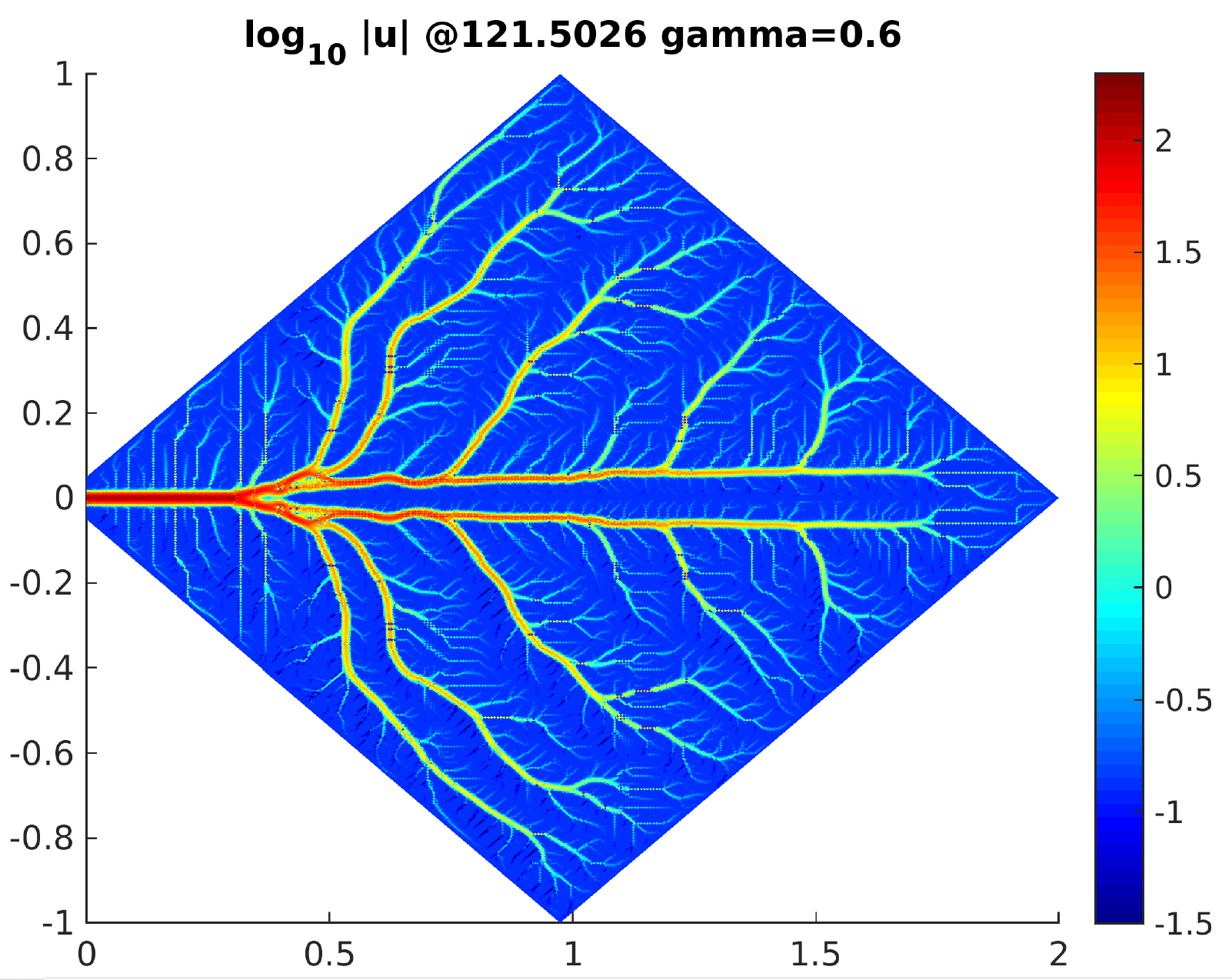KAUST mathematician named Fellow to European Academy of Sciences

Dr. Peter Markowich engages an audience on the topic of partial differential equations during his Visiting Chair appointment at the Science Mathematics Foundation of Paris (FSMP). Photo courtesy P. Markowich / FSMP
KAUST Distinguished Professor of Applied Mathematics and Computational Science, Dr. Peter Markowich, is named a 2020 Fellow to the European Academy of Sciences (EurASc) in recognition of his outstanding scholarship in the field of mathematical and numerical analysis of partial differential equations.
The Austrian native is the 100th mathematician to join the 738-member, global group of leading scientists and scholars working across disciplines "to promote fundamental research and excellence in science and technology"—a cornerstone objective of the Academy.
"Being invited into the Academy is an honor that stimulates me to persist at what I love doing," Markowich said. "I appreciate its exceptional network of bright minds, and look forward to forging new research connections through the affiliation."

Portrait of Dr. Peter Markowich standing before a contemporary painting Photo courtesy P. Markowich
A prolific researcher and author, with nearly 14,000 citations and contributions to more than 270 projects worldwide, Markowich lights up when asked about the relevance of partial differential equations (PDEs) to disciplines such as biology, engineering, and physics.
"Differentials are everywhere," he said. "If you think of the world of elementary particles, like electrons, and how we model their motion, or the movement of water in a river, or even trajectories for the spread of a disease such as COVID-19 ... PDEs are used to help understand these dynamics."

This computer graphic simulates a biological transport network, such as those expressed in leaf veins, neural networks, and angiogenesis. Photo courtesy Haskovec, Markowich, Perthame and Schlottbom
Markowich joined KAUST in 2011, when he came to Saudi Arabia from his previous affiliation, the University of Cambridge. He is the recipient of numerous honors and awards, including the Wittgenstein Prize from the Austrian Science Fund (FWF), and the Wolfson Research Merit Award from the Royal Society. He is also a Foreign Member of the Austrian Academy of Sciences.
Related stories

